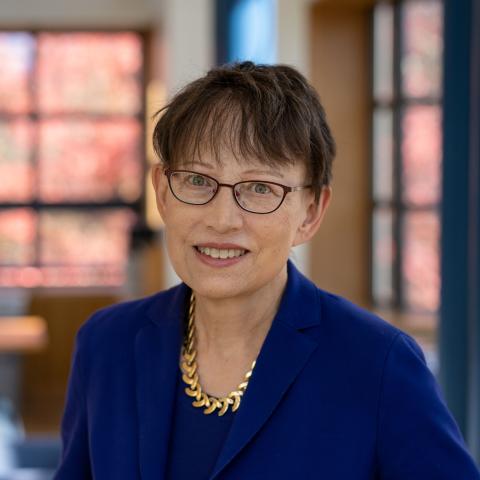
Jennifer Widner's research interests focus on institutional change, government capacity, and constitutional design. She teaches in Princeton’s School of Public & International Affairs, as well as in the Politics Department. She has published articles on a variety of topics in journals such as Democratization, Comparative Politics, Comparative Political Studies, Journal of Development Studies, The William & Mary Law Review, Daedalus, and the American Journal of International Law. In addition to books on African law and politics, and she has three projects forthcoming--one on interagency coordination during disaster response, one on the effects of decentralization on public financial management and development strategy in low income countries, and a third general text on improving service delivery where geography or other conditions make implementation difficult. Before joining the Princeton faculty, she taught at Harvard and the University of Michigan.
Widner directs Innovations for Successful Societies, a program that supports public servants and scholars engaged in building more effective, more accountable government. The program focuses on three or four themes or questions each year. To date it has worked in over 45 countries on challenges ranging from cabinet office coordination and public financial management to water and forest conservation and land rights. Research working papers appear on the ISS website. The program's MOOC, Making Government Work in Hard Places, is an abridged version of a Princeton bricks-and-mortar course by the same name.
Selected Publications
Forthcoming with Michael Woolcock, ed. Qualitative Methods. Cambridge University Press, 2019.
“Constitution Writing in Post-Conflict Settings,” William & Mary Law Review, 2008.
Building the Rule of Law, 2001, New York: W. W. Norton (French translation, 2003 with Nouveaux Horizons, Paris)
Selected Honors and Awards
Recipient of research grants from the Bill & Melinda Gates Foundation, the Omidyar Network, the U.K. Department for International Development, The Open Society Foundation, The Smith Richardson Foundation, and the World Bank, among others.


